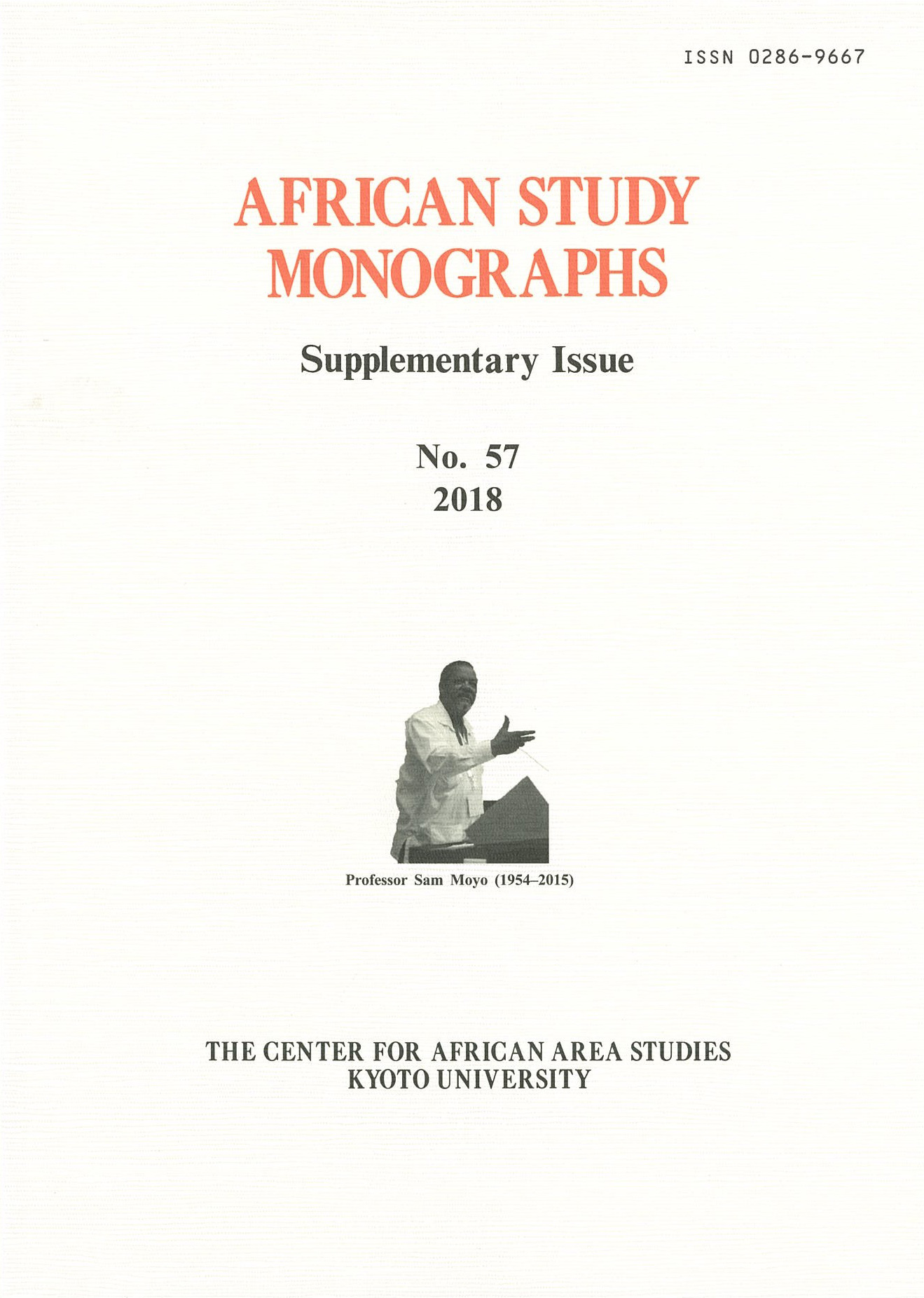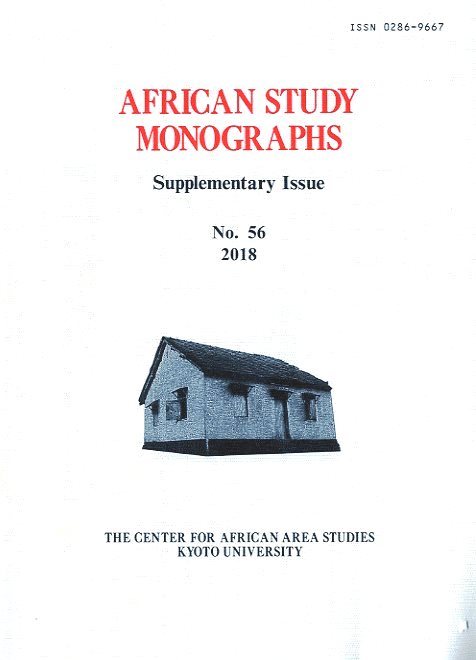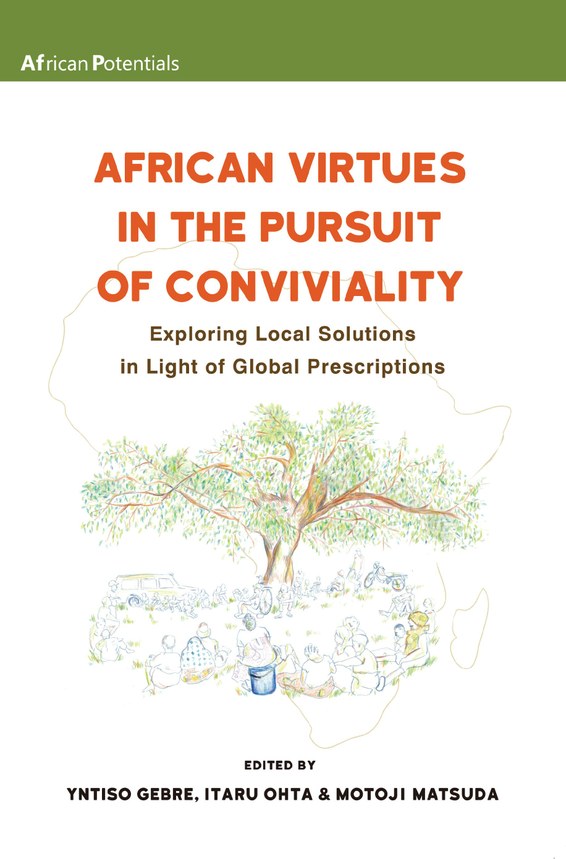Date: October 14, 2017 14:00~17:00
Venue: 3rd floor of Inamori Foundation Memorial Hall, Kyoto University
At the beginning of the meeting, Motoji Matsuda, the project leader, made a number of administrative announcements, including in relation to international forums and conferences related to the project, events in which the project members participated, support for future research by next generation, publication of the ASM, as well as future plenary meetings. Shinichi Takeuchi provided a detailed explanation of the African Studies Association(ASA) Meeting.
Next, Motoji Matsuda provided an overview of the seventh Africa Forum (also called the Rhodes Forum), which is scheduled to be held from 24 to 26 November at Rhodes University in Grahamstown, South Africa. Five Japanese speakers are due to present at the forum. Their names and the titles and abstracts of their presentations are listed below.
Speaker 1: Toshihiro Abe (Otani University)
Title: Reconsidering South African TRC in the Current Context of Transitional Justice Studies
This presentation discussed how to re-evaluate the impact of the Truth and Reconciliation Commission (TRC) in South Africa, which completed its activities nearly 20 years ago, as well as what secondary impacts derived from them have attracted attention. The speaker then reconsidered the TRC in South Africa in comparison to a number of case studies of justice in transitional eras drawn from other regions, such as the former Yugoslavia. On the basis of these comparisons, the speaker suggested that the response of society in post-TRC South Africa has resulted from such conditions as “control of more than sufficient and intermediate omission”, “failure in specific nature” and “insufficiency and incompleteness in certain areas”.
Speaker2: Akira Takada (Kyoto University)
Title: The Medium of Instruction in North-Central Namibia in Colonial Times
In this presentation, the speaker reported the education history of the San people in the Ohangwena region, the Ovambo people in north-central Namibia, and non-white people in southern Africa, with a focus on the medium of instruction. The languages used for education in this region have changed in accordance with social and political changes, such as colonial policy, the activities of missionaries, and policies in relation to indigenous peoples. A range of languages, including English, Afrikaans, Spanish and Ovambo language, have been used. The speaker also highlighted the significant differences between the respective education histories of the San, Ovamboland’s indigenous inhabitants, and the Ovambo people.
Speaker 3: Mayu Hayakawa (National Museum of Ethnology)
Title: The Potentials of the Useless Money: The Non-disappearance of Hyperinflating Currency in Zimbabwe
This presentation attempts to find African potentials in the reaction of people in Zimbabwe to hyper-inflation. Inhabitants of Zimbabwe used Zimbabwean dollars as limited-purpose currency even under conditions of hyper-inflation. On the other hand, US dollars, which could have been regarded as multi-purpose currency, were sometimes not used due to a shortage of smaller bills. In such extraordinary circumstances, Zimbabweans attempted to maintain everyday life by means of natural and usual trades, which displays the presence of an economy and currency maintained by micro-management, which differs from the situation prevailing in most modern economies and currencies.
Speaker 4: Junko Maruyama (Tsuda University)
Title: Divided Land, Shared Land: Recent Land Issues among the San Hunter-gatherers in Central Kalahari
The San people, a group of hunter-gatherers in the Central Kalahari, have continued to be forced to settle outside their ancestral land. However, they have won national lawsuits after attracting international attention by appealing land issues as an indigenous movement. However, as a result, the government has permitted only a limited return to ancestral land for specified persons, and land rights accessible only by a small number of wealthy people. In short, land issues have been transformed into disparity issues among the San. However, the San now visit new land by utilizing their family networks, and have found new enjoyment in becoming familiar with the land, leading to an overall expansion of the San’s area of activity.
Speaker 5: Meyu Yamamoto (Kyoto University)
Title: Beyond Binary Paradigm of Racism: Chinese Mine Labour and Construction of Whiteness in South Africa
The speaker attempted to relativize the dichotomous view of racism based on “white” and “black” in South Africa, with the presence of annually contracted Chinese workers. In the early twentieth century, the United Kingdom introduced annual contract workers from China to the Rand Gold Mine. The workers spent six years in the country, laboring under poor conditions, before being returned to China, but the event gave rise to a widely held stereotype of Chinese people in South Africa and contributed to the rise of white nationalism. In other words, the introduction of Chinese workers and the existence of the Asia threat, which was known at the time, encouraged unity among the “white” population in South Africa, which had not previously been cohesive, and encouraged the construction of a “white South Africa”.
Misa Hirano-Nomoto / Shinichiro Ichino



